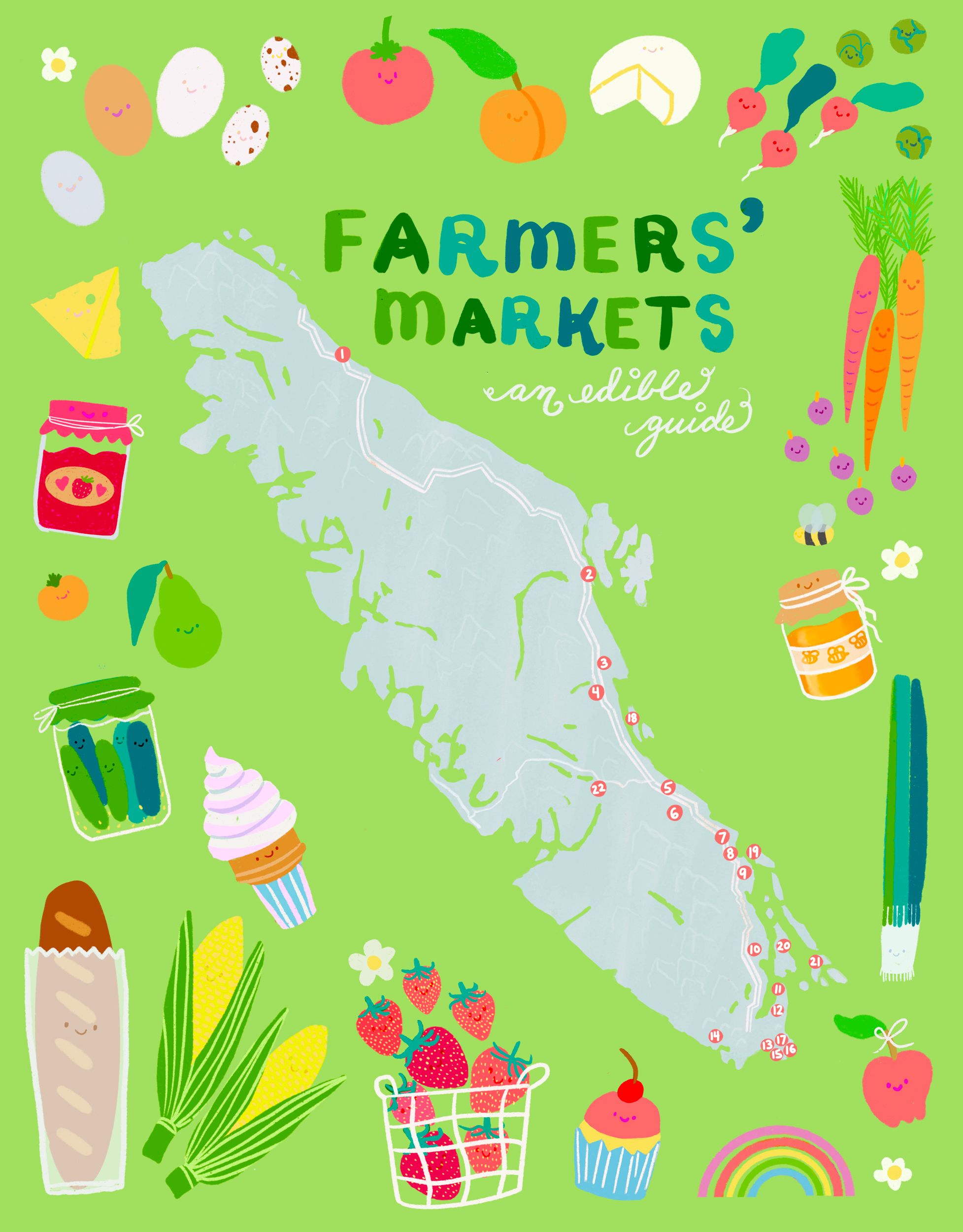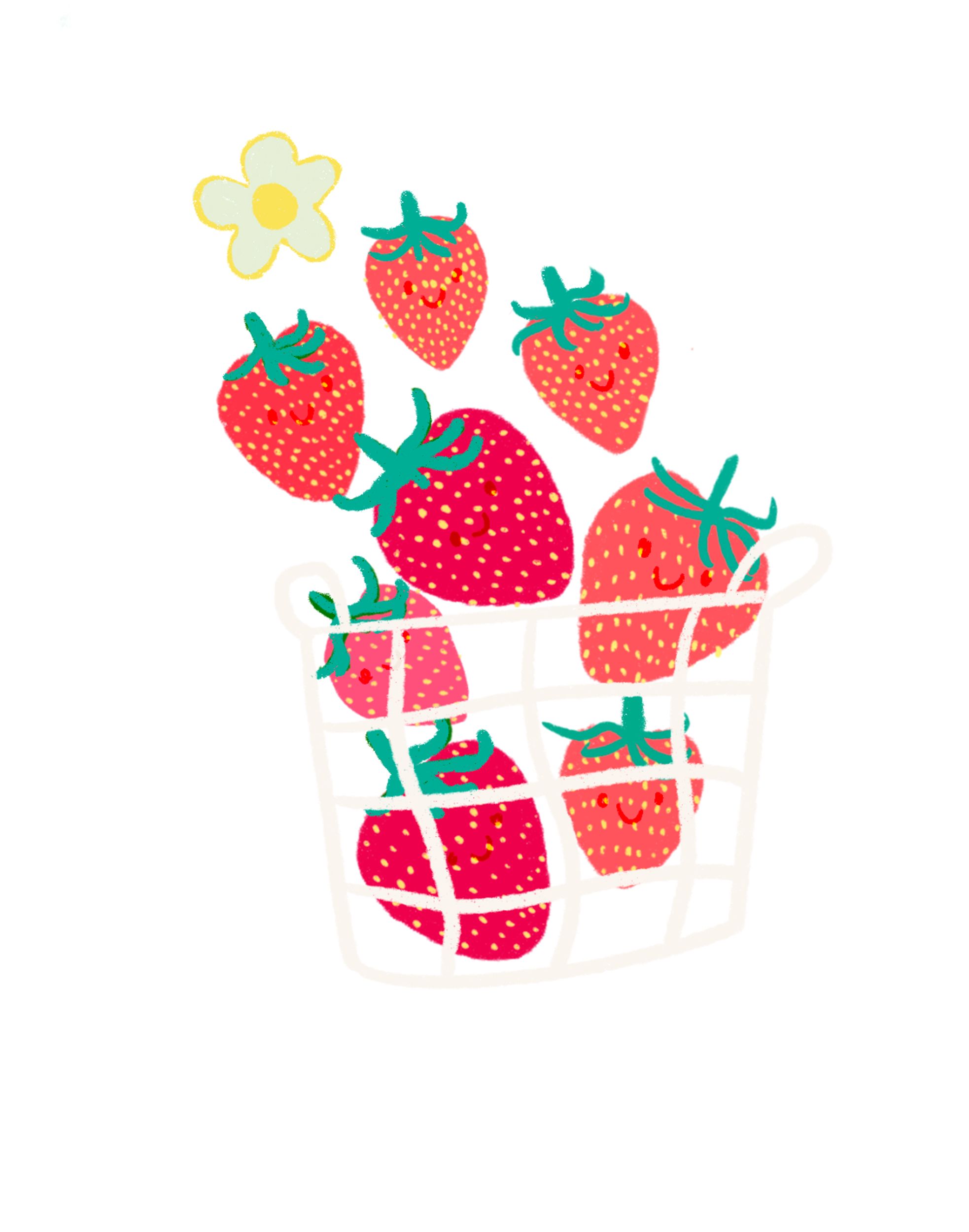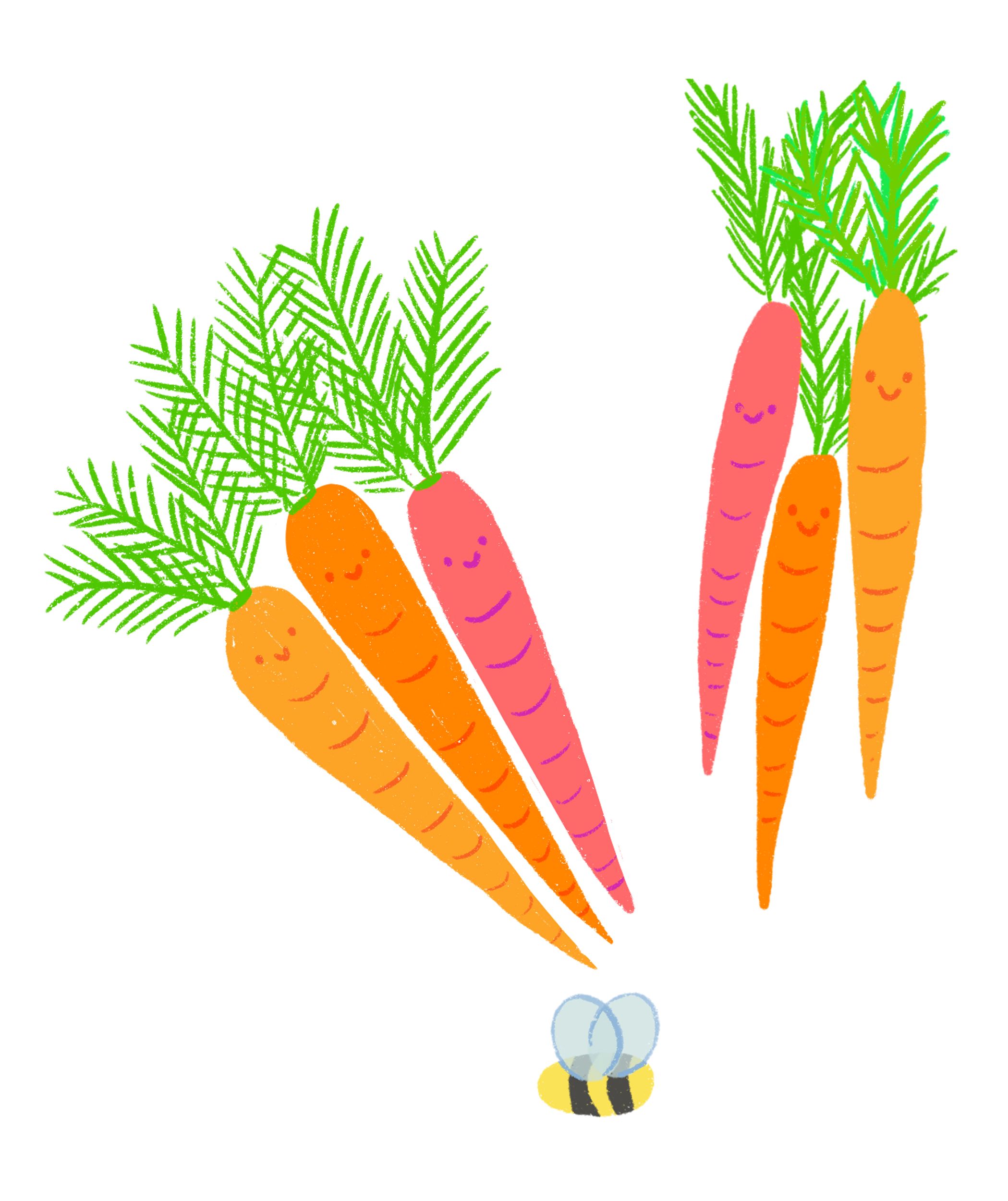Farmers' Markets: an Edible Guide
Vancouver Island and the islands scattered nearby are home to many farmers’ markets: informal gathering places where locals mingle, select the ingredients for their weekly meals and catch up on the latest news and gossip. Find a market near you with our Farmers’ Market Guide—or go on a road trip to check out a few more!

North Island
1. Port McNeill Farmers’ and Artisans’ Market - Seasonal
North Central Island
2. Pier Street Farmers' Market and Arts Fair - Seasonal
3. Comox Valley Farmers' Market - Year-round
4. Comox Valley Farmers’ Market Cumberland - Seasonal
Central Island
5. Qualicum Beach Farmers' Market - Year-round
6. Errington Farmers' Market - Seasonal
7. Island Roots Market Co-op - Year-round
8. Nanaimo Downtown Farmers’ Market - Seasonal
9. Cedar Farmers' Market - May to October
Cowichan
10. Duncan Farmers' Market - Year-round
South Island
11. North Saanich Farm Market - Seasonal
12. Peninsula Country Market - Seasonal
13. Esquimalt Farmers' Market - Seasonal
14. Sooke Country Market - Seasonal
Victoria
15. James Bay Community Market - Seasonal
16. Moss Street Market - Year-round
17. Oaklands Sunset Market - Seasonal
Gulf Islands
18. Denman Island Farmers' Market - Seasonal
19. Gabriola Farmers' Market - Seasonal
20. Salt Spring Tuesday Farmers’ Market - Seasonal
21. Pender Island Farmers' Market - Seasonal
Pacific Rim
22. Spirit Square Farmers' Market - Year-round
If there’s one place where communities can truly connect, purchase local food and interact directly with those who grew it, it’s at the farmers’ market. Vancouver Island and the islands scattered nearby are home to many farmers’ markets: informal gathering places where locals mingle, select the ingredients for their weekly meals and catch up on the latest news and gossip. But those markets are also important business incubators—starting-out points for entrepreneurs trying to test the market to learn if their products have wings.
 Twila Skinner, general manager of the Comox Valley Farmers’ Market, became a vendor in 2014. She notes this market, which began in 1992, has grown significantly over the years. It generally attracts 2,500–3,000 customers each week (a number down to 1,500 during the pandemic). “We’re basically an outdoor grocery store and our customers come to talk to the farmer or producer directly and find out how the product is made,” she says. “I’d have customers ask me exactly what was in my chicken feed because they were really curious, and as a vendor it made me feel good to know that people were invested in what they were eating and really cared how the animals were treated.”
Twila Skinner, general manager of the Comox Valley Farmers’ Market, became a vendor in 2014. She notes this market, which began in 1992, has grown significantly over the years. It generally attracts 2,500–3,000 customers each week (a number down to 1,500 during the pandemic). “We’re basically an outdoor grocery store and our customers come to talk to the farmer or producer directly and find out how the product is made,” she says. “I’d have customers ask me exactly what was in my chicken feed because they were really curious, and as a vendor it made me feel good to know that people were invested in what they were eating and really cared how the animals were treated.”
Skinner sells duck eggs, chicken eggs, rabbit meat and vegetables, and warmly recalls the concerts, live music and community group performances that punctuated the farmers’ market prior to COVID-19. “It [is] a great place to just spend time, meet your neighbor and talk to your farmer,” she says. “Essentially, the farmers’ market is a place to build community.”
Sherry Jesse, owner of Warwick Flower Farm in Black Creek, agrees. A vendor since 1992, she’s watched the market grow over her years of selling tubers, flowers and potted plants. “I love the opportunity to meet people at the market, create relationships and share what we do,” she reflects. “I’ve made many friends and community connections through the market, but I’ve also seen it be an important place for vendors to introduce themselves to the community. Over the years some have left because they’ve outgrown it, while others have outgrown it but continue to sell at the market because of the atmosphere. It’s simply a fun place to be.”
In 2019, the Comox Valley Farmers’ Market generated $1.9 million in direct sales, a number that’s not truly reflective because vendors buy from each other and those sales are not directly captured at the market. “The true local impact is probably three times that number,” Skinner says. And though market attendance numbers have dropped during the pandemic, sales figures have not been significantly affected. “Our customers understand that we all need to support local—we can’t rely on food to come from California, because as the pandemic has shown us, what happens when the border closes and the ferry stops?”
The connection between vendor and customer is personal and powerful, says Rebecca Jehn, who sells produce, seeds and preserves at the Moss Street Market. “The community is so supportive of the entrepreneurs at the market, and that’s what keeps me there. It’s a business outlet for me, but also a social outlet, and I’ve made friends through the market, people I look forward to seeing every season.”
The farmers’ market represents the ultimate circular economy, a way to keep money moving within the community, she adds. “It’s a tremendous economic help to a community to keep circulating revenue within that community, and as the circle gets smaller you actually know all the people you’re supporting.” She purchases birthday and Christmas gifts from other vendors at the market and notes that transactions like these foster a healthier, more vibrant community. “These kinds of connections are so important to the integrity, health and welfare of the community,” she says.
Out on Pender Island, the Pender Island Farmers’ Market has initiated a nutrition program in partnership with the local food bank, health care society and childcare society, distributing market coupons to pregnant women, seniors and low income families. “This also helps to boost sales for the farmers selling produce, eggs, meat, dairy and fruit,” notes Barbara Johnstone Grimmer, who sells eggs and lamb at the market.
She began vending at the market two decades ago before starting a family. Now, as president of the Pender Island Farmers’ Market Institute, her 20-year-old son is running the market, keeping market enthusiasm in the family.
“On Saturdays, the market is a nice way for people to meet their neighbours, get together and talk to the farmers. Yes, COVID-19 made it a challenge, but by keeping it going we’ve also helped boost the morale of many people who were feeling isolated during this time,” she says. “The value of the market is the connection it creates between farmers and local community members who are interested in seeing the island’s rural character preserved.”




